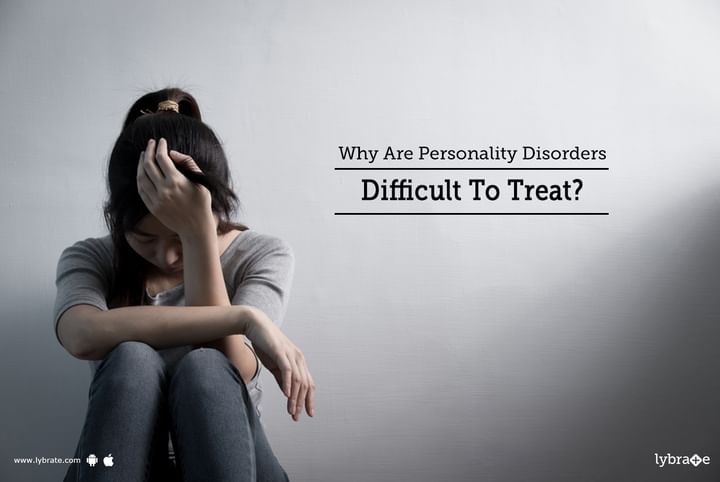Why Are Personality Disorders Difficult To Treat?
Mental wellbeing is a well-being state in which a person acknowledges his or her own capabilities, can cope with life's regular stresses, can work productively, and can contribute to his or her community. Mental health is more than simply the absence of impairment or psychological disorders.
Why are personality disorders difficult to treat?
Personality disorders are classified as a wide range of mental disorders where the person displays rigid patterns of behaviour and attitude which are mostly long-term.
There are a wide array of personality disorders, some of the most commonly treated ones are borderline personality disorder, obsessive-compulsive disorders and schizoid personality disorders. Because of the unique nature of human nature and every persona having a different brain functioning, it can often get extremely difficult to treat personality disorders.
The first step to understanding the precise nature and kind of personality disorder the person is suffering from. In order to do this, the past of the person is often dug up. It can be due to a childhood trauma in terms of being bullied, verbal abuse or some occurrence that has left a deep scar on the person, the shock of which has left him/her to behave the way he or she does.
It can be extremely difficult to cure personality disorders because the person concerned might often display abnormal and strange thought processes that can act as a hindrance in behaving the way he should be. Most people suffering from personality disorders often tend to pretend like nothing is wrong, or they are in denial. However, their symptoms are most likely to become more staunch without proper treatment, therapy or medication.
Most of the denial phase comes from the society that bears a great stigma towards personality disorders and termed the condition as ‘mad’, thus triggering the person to push himself or herself further into the abyss of denial. As a result of which, people suffer from the fear of being treated as deranged and prefer to remain in the coils of denial, rather than being treated differently in society, fearing rejection and disbandment.
If given proper care and treatment, along with therapies that are readily available, if the doctor is able to find the reason and treatment for the person, he or she can easily overcome their disorders and come out of the other side with a happy mental state of mind.



+1.svg)
